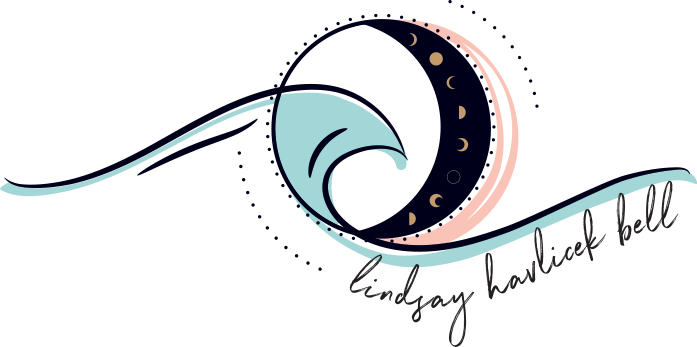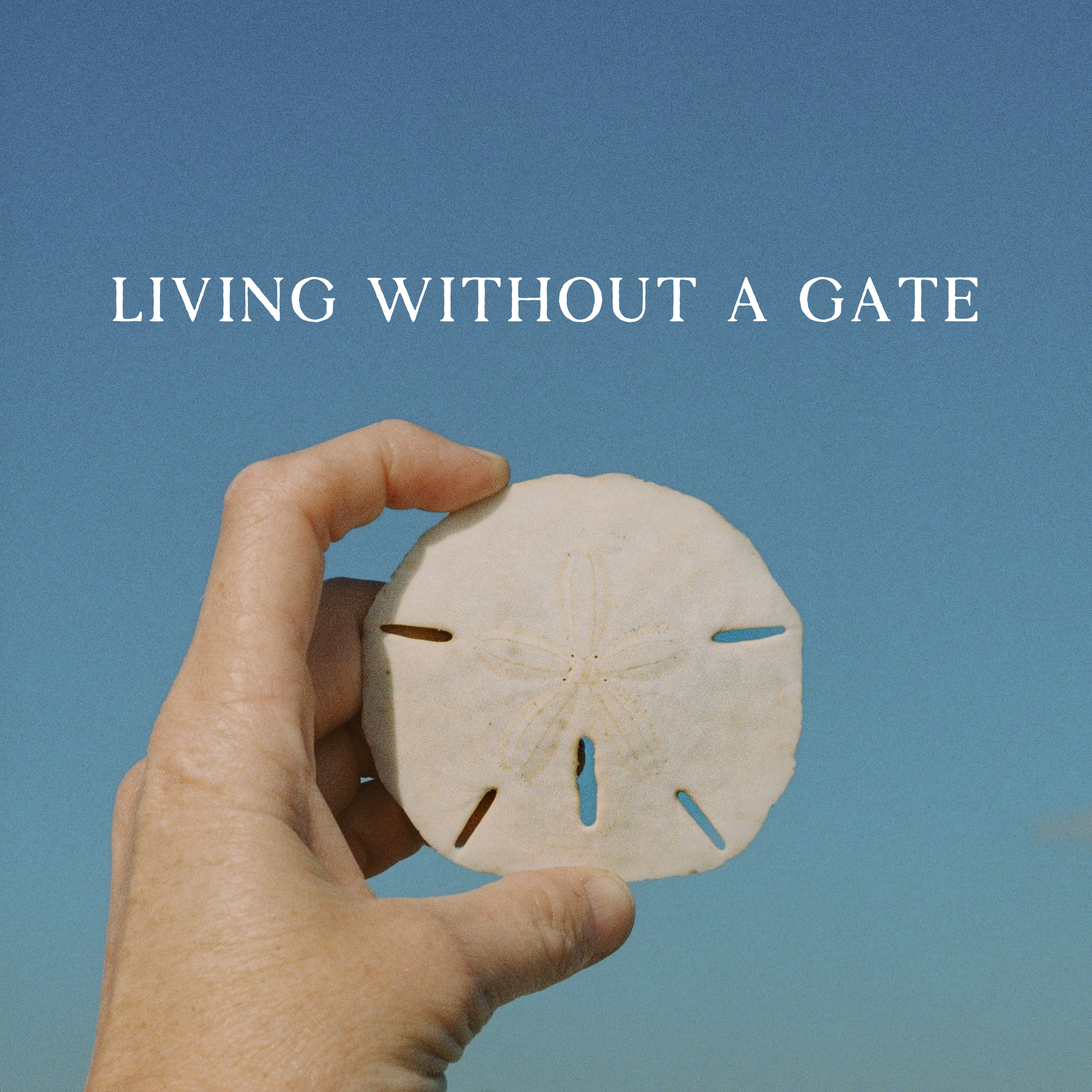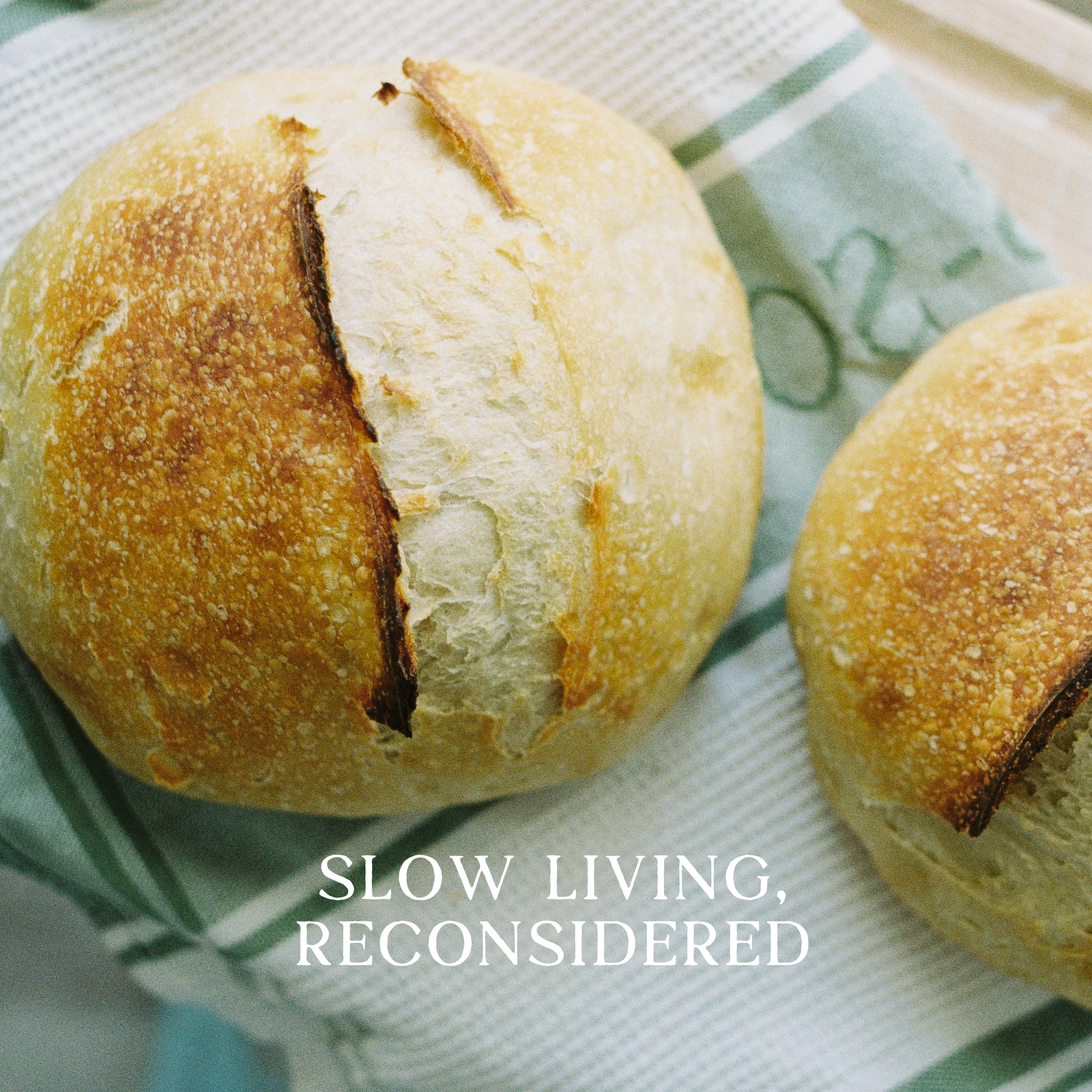Living Without a Gate
Many adults organize their lives around a quiet, ongoing question: Is this allowed? Not legally or morally, but practically, financially, socially.
It shows up as waiting. Over-researching. Looking for other people who are already doing the thing, just to see if it’s okay. Scanning for proof that a choice has been approved somewhere.
Is this realistic? Is this irresponsible? Is this something people like me get to do?
This often passes as being careful. It’s actually a safety strategy — one meant to prevent mistakes, rejection, or regret.
It doesn’t work.
Knowing When You’re Done
This morning I let Rossi off leash. She chased squirrels until she was done. Then she walked over to an oak tree and splooted in the shade, legs stretched out behind her.
When an animal is finished, it stops.
Slow Living, Reconsidered
I thought sourdough would teach me slow living. Instead, it showed me how much of what we call “slow” is actually just pressure in disguise.
When I first started making sourdough, it was timers, windows, calculations, alarms, and a constant sense of needing to be on time. I couldn’t leave the house. I couldn’t relax. I might as well have been working an unpaid hourly job.
Yes, the process was long. And slow. And very Instagram “slow living”—at least aesthetically.
But it did not feel slow in my body, and that disconnect made me start questioning the entire slow living movement.
Most Years Don’t Matter (And That’s Okay)
I don’t mean that life doesn’t matter.
Or that time should be wasted.
Or that we should drift through our days without care.
I mean something quieter: Most years don’t matter in the way we’re taught to think they should.
The Ceremony We Forgot
Every so often, reality cracks open.
Not through a ritual, not in ceremony—just in the middle of a normal day.
You might be sitting at the beach, light flickering on the water, and suddenly it hits: What even is this? How is any of this real? How do I exist in the middle of it?
It’s not a thought. It’s an awareness.
Something in you remembers: this isn’t ordinary.
It’s miraculous.
Don’t Put a Chair Where You Don’t Want People to Sit
I hope fall is treating you well. The days are so noticeably shorter now— there’s more time for rest, and early bed times seem inevitable.
It’s also the season for finishing up projects outside, and making small shifts to prepare us for the quieter months ahead.
With that said, a friend mentioned that she and her fiancé were debating about whether to add a bench out front — part of a new landscaping plan.
Without thinking, I said, “Don’t put a chair where you don’t want people to sit.”
When life becomes a performance, and the loss of self
Instagram once felt like a place to share glimpses of life. A meal, a walk, a moment in nature. Over time, it’s shifted into something else — a stage. Now, it’s not just about sharing. It’s about curating, performing, and playing the role of a self that others will recognize.
And now, the curtain never falls. The algorithms ask for constant output. The stage is our living room, our breakfast, our walk in the woods. What was once a persona reserved for a moment has seeped into the daily fabric of who we think we are.








